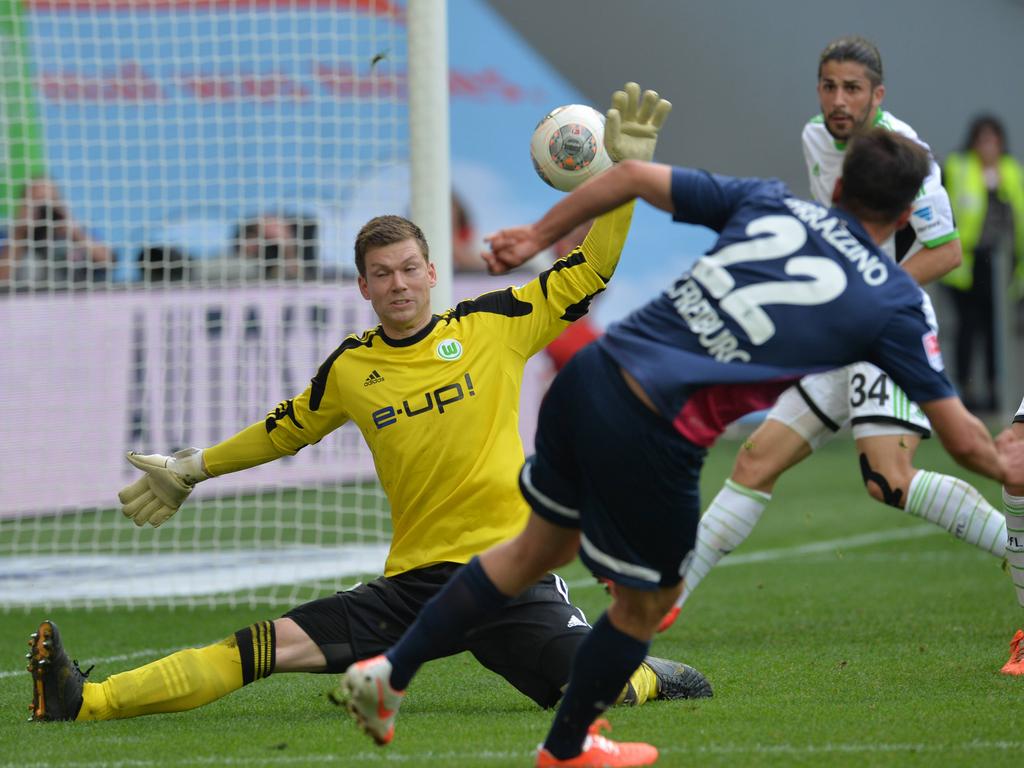Football: World Cup brings new Japan-S. Korea rivalry

Japan and South Korea will need to produce something special to meet at the World Cup, but expect a cut-throat battle for bragging rights in one of international football's fiercest rivalries.
The tournament will also be tinged with emotion for both sides, with Japan playing for the victims of the deadly tsunami in 2011 and the Koreans keen to provide a measure of solace after last month's ferry tragedy.
Asian champions Japan and South Korea, World Cup semi-finalists in 2002, could theoretically clash in the last four in what would be a highly charged encounter as diplomatic relations between the countries remain icy.
Political tensions have spilled over in the recent past. At the 2012 Olympics, a South Korea player inflamed a territorial row with Tokyo by waving a political placard after the 2-0 win over Japan in the bronze medal game.
Relations between Japan and South Korea have soured further since Prime Minister Shinzo Abe came to power in December 2012, aggravated by his visit to a Tokyo shrine seen as a symbol of Japan's militant past.
The odds of the two teams meeting in Brazil may be slim but they will be keen to leave South America as Asia's best-performing side, with both looking stronger on paper than Australia and Iran.
Both reached the same stage at the last World Cup in 2010, after a Luis Suarez double for Uruguay saw off South Korea in the last 16 and Japan lost on penalties to Paraguay at the same stage.
But while Japan have made strides under Italian Alberto Zaccheroni, South Korea have appeared to go backwards. Although they are in their eighth straight World Cup finals, they only qualified on goal difference.
"If we concentrate on our game, the results should come," Zaccheroni told reporters earlier this week. "We go to Brazil fearing nobody."
As if to underline their coach's sentiments, Japan will have the slogan "Samurai, the time has come to fight!" emblazoned on their official Hyundai team bus.
The irony of riding a Korean-made bus in Brazil will not be lost on Japan, who have previously been left in the rear-view mirror by their neighbours in major competitions.
Most memorably, South Korea stole Japan's thunder at the 2002 World Cup after FIFA named the countries co-hosts, storming to the semi-finals while Japan bowed out in the last 16.
Polite congratulations from Tokyo scarcely masked the hand-wringing of Japanese officials after being overshadowed by a South Korea side captained by current coach Hong Myung-bo.
"We will head to Brazil looking to reach the quarter-finals," Hong told local media. "I felt so disappointed not to lift the trophy in 2002. Koreans expect good results at the World Cup so we have to try to meet those expectations."
South Korea face Fabio Capello's Russia, Algeria and much-fancied Belgium in Group H, while Japan are drawn alongside Colombia, Greece and a Didier Drogba-led Ivory Coast in Group C.
The capsizing of a ferry leaving more than 300 dead or missing, many of them schoolchildren, continues to dominate the daily news in South Korea.
Hong has vowed to try to bring some crumbs of comfort to the grieving families.
"After the ferry disaster I realised how much responsibility I have," he said. "Our mission is to pass the torch of hope to all the Korean people."
Zaccheroni also promised to honour the memory of the more than 15,000 who perished in the tsunami in north-east Japan.
"We will never forget March 11," said the Italian. "You can never forget those images on the news. We will have the victims in our hearts every time we step on the pitch and fight our hardest for them."
Japan's women produced an astonishing World Cup triumph just four months after the killer wave and resulting nuclear crisis, toppling the mighty Americans in the final in Frankfurt, Germany, to provide some respite for a nation in grief.
Zaccheroni erred on the side of caution when asked if his "Blue Samurai" could emulate Japan's "Nadeshiko" team, who are named after a frilly pink carnation.
"I'd rather not make concrete predictions," he said. "We'll try to play to our strengths and see where it takes us."







